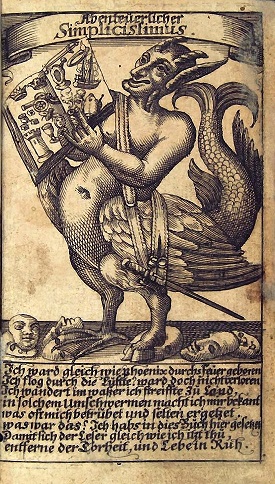
The Department was founded in 1990 as part of the re-established Philosophical Institute of the Czechoslovac Academy of Sciences. Its original aspiration was to initiate systematic research in the field represented until then only by the work of a few authors (in particular the logician Pavel Materna and the philosopher of science Ladislav Tondl), who had been denied publication opportunities on political grounds. The members of the Department have introcuced into the Czech context many themes previously unfamiliar to the local philosophical tradition. These include:
- Philosophy of language:
the dispute between descriptivism and theory of direct reference; the structure and typology of speech acts; the Gricean project of intentional semantics; the Davidsonian programme in the theory of meaning; the Wittgensteinian problem of rule-following; the Lewisian theory of convention and the relation between conventional and intentional factors in linguistic communication; the dispute between externalist and internalist construal of communicative and thought content; semantics of fictional discourse; - Philosophy of mind:
the debates on mental causation after Davidson; implications of the internalism/externalism debate for the mind/body problem; the varieties of contemporary eliminative materialism; the current debate on teleosemantics; the current debate on rationality and interpretivism; philosophy and the cognitive science of consciousness - in particular, the naturalization of qualia, propositional vs. perceptual theories of consciousness, higher-order theories of consciousness, limits of heterophenomenology; philosophy and the cognitive science of emotions - in particular, the current debate on relations between emotions and intentionality, and between theory of evolution and theory of emotions; - Metaphysics:
the analytic discussions of universals, in particular of the relation between universals and abstract particulars, between universals and artefacts, between universals and fictional entities (including the history of the debates on these issues and their current analytic re-interpretation); the metaphysics of personal identity after Kripke; the ongoing debate between metaphysical realism and anti-realism; philosophy of time; concepts of emergence, reduction and supervenience; - Philosophy of science:
the philosophy of space-time within the contemporary philosophy of physics (McTaggart's Paradox, temporal realism vs. temporal non-cognitivism, time travel etc.); the debate over the scientific status of Darwinism within philosophy of biology and a critique of various forms of creationism; Feyerabend's ontological relativism and the theory of relativity; theory of emergence and reductionism; Popper's critical rationalism, in particular his conception of scientific rationality, based on the principle of falsification; philosophy of the humanities, in particular the impact of Popper's philosophy of science on the methodology of art history; current discussions on the relation between science and common sense; - Epistemology:
evolutionary epistemology; Popper's epistemology and its contemporary critics and followers; formal epistemology and probability theory; the current state of epistemology of testimony; Goodman's "new riddle of induction"; - Ethics:
the debate on the impact of Darwinism in ethics and metaethics; the debate on non-cognitivism in metaethics; applied ethics, in particular the ethics of euthanasia; - Aesthetics:
issues within the analytic philosophy of literature, in particular the functions of language in fictional contexts, relations between work and text, the role of authorial intentions in the identification of a literary work, etc.; ontology of the work of art, both literary and visual, within contemporary analytic philosophy of art.
The organizational activities of the Department focused on creating a network of international and interdisciplinary contacts. In the 1990's the department organized six international Karlovy Vary Conferences on Analytical Philosophy and a series of visits of leading analytical philosophers in Prague: among the participants and visitors were W. V. O. Quine (who accepted the invitation four times), D. Davidson, H. Putnam, P. F. Strawson, J. Searle, D. Føllesdal, J. McDowell, S. Schiffer, B. Loar, J. Katz, P. Horwich, H. Field, P. Boghossian and many others.
The Department has coordinated a series of lectures and seminars of prominent analytic philosophers for Charles University students (supported by the Jan Hus Foundation), several student exchanges between Charles University and the University of Kent (connected with student conferences), arranged students' stays at foreign universities and their participation in academic events abroad etc.
From the very beginning the Department also aimed at establishing active interdisciplinary contacts. With this ambition, it has been organizing annual interdisciplinary seminars focusing on theoretical concepts and methodological principles relevant across various disciplines.
The interdisciplinary as well as international basis is characteristic for the Prague Interpretation Colloquia, coordinated by the Department since 2000: their main aim is to mediate discussion between philosophers, aestheticians and literary theorists on the basic problems of the theory of interpretation. Since 2012 the Department organizes annual Ernst Mach Workshops, international meetings focusing on the work of leading figures in the contemporary philosophy of science, who participate as the keynote speakers. Several conferences and other events have been organized outside these regular frameworks (cf. Events).


